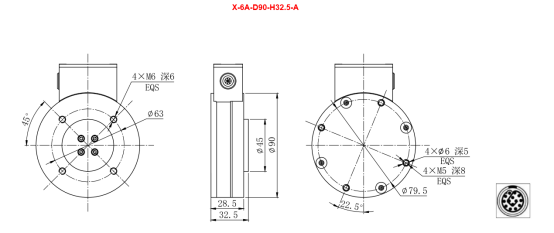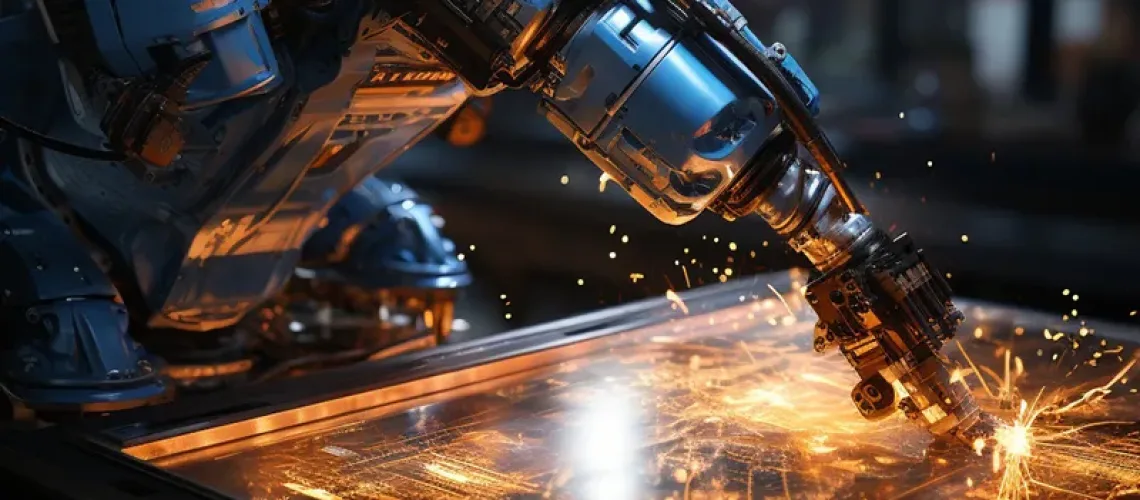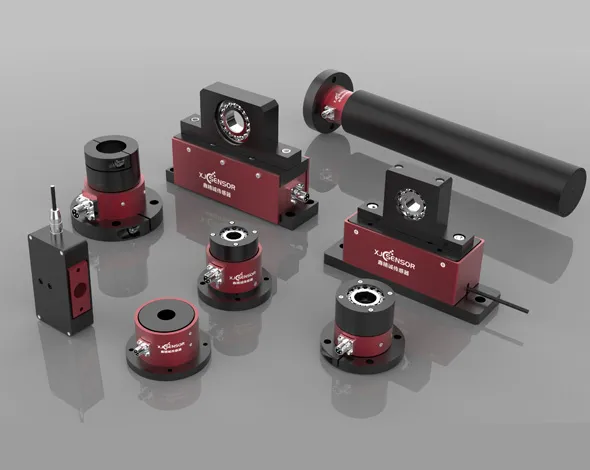Force sensors are important in many industries. They help measure forces accurately and reliably in different applications. Force sensors are used in product testing, industrial automation, and robotics. They are important. They help with precision and safety. In this article, we will explore how force sensors work and give a detailed overview of their functions.
Understanding Force Sensors
Force sensors, also known as force gauges or force transducers, are devices designed to measure the force applied to them. These sensors change force into electricity, so we can measure and analyze data accurately. The working principle behind force sensors can vary depending on the type and technology employed.
Types of Force Sensors
Force sensors come in various forms, each tailored to specific applications. Let’s explore some commonly used types:
Strain Gauge Load Cells
These force sensors use a strain gauge, which is a resistor attached to a metal structure. When force is applied, the deformation of the metal causes a change in resistance, which is proportional to the applied force.
Piezoelectric Force Sensors
Piezoelectric sensors use the piezoelectric effect. Some materials produce electric charge when stressed. This charge is then measured and converted into a force reading.
Capacitive Force Sensors
Capacitive sensors measure changes in capacitance when electrodes move from a force. When the space between the electrodes changes, the capacitance changes too. This allows for measuring force.
Magnetic Force Sensors
These sensors use technology to detect changes in magnetic fields caused by force. The force applied alters the magnetic field, leading to a change in the sensor’s output.
Optical Force Sensors
Optical force sensors use light-based techniques such as strain-optic or fiber-optic technologies. Changes in the light path or intensity caused by force are measured to determine the applied force.
How Do Force Sensors Work?
Regardless of the technology used, force sensors generally follow a similar working principle. When a force is exerted on the sensor, it undergoes deformation or displacement. The physical change becomes an electrical signal using mechanisms like strain gauges or crystals. The electrical signal can be calibrated and amplified to provide accurate force measurements.

Applications of Force Sensors
Force sensors find applications in various industries, including:
Robotics and automation
Robots can use force feedback to interact with their surroundings and do delicate tasks accurately.
Product testing
Force sensors measure forces during product tests to ensure quality control. They can measure compression or tension.
Medical devices
Force sensors help in monitoring vital signs, prosthetics, and medical equipment calibration.
Automotive industry
Force sensors play a role in crash testing, seat belt tensioners, and suspension systems.
Aerospace industry
Force sensors help evaluate aircraft structures, aerodynamic tests, and turbine blade testing.
Force sensors are useful tools that change the way we measure and understand forces in different situations. These sensors change mechanical forces into electrical signals. The signals give accurate and reliable data. The data is important for making decisions, ensuring safety, and improving efficiency. To drive innovation and progress, we need to understand force sensors and how they work. They have different types and principles across industries.



